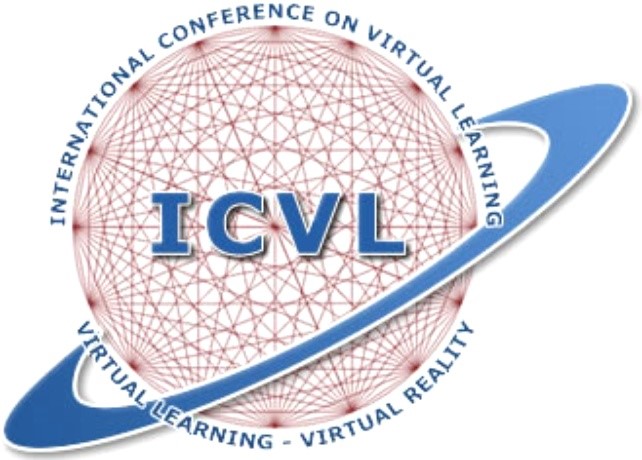Vol. 19 / 2024 – International Conference on Virtual Learning
Pedagogical approaches for Metaverse based engineering education
Veselina NEDEVA, Zlatoeli DUCHEVA
This paper describes pedagogical approaches in metaverse engineering education, with a focus on the application of Metaverse technologies. The research methods employed include data collection, a keyword-based search strategy, data extraction, and various forms of analysis: bibliometric, visualization, and interpretation. The results are presented in tables and charts. Key characteristics and major types of Metaverse technologies are identified according to the authors of the reviewed publications, including Augmented Reality and Virtual Reality, Artificial Intelligence, Simulation, Blockchain, Cryptocurrencies, and the Internet of Things. Additionally, Avatar-based and Second Life Systems, Learning Management Systems, and Social Media are discussed. According to the authors, these systems are not merely components of the Metaverse but are also significantly influenced and enhanced by Metaverse technologies. This influence is demonstrated in how these systems leverage virtual and augmented reality, immersive simulations, and artificial intelligence to create more interactive and engaging user experiences. The authors provide a critical perspective by not only listing the technologies but also discussing how certain systems are shaped by the advancement of Metaverse technologies, reflecting a depth of analysis that goes beyond mere description. The paper also highlights the analysis of various pedagogical approaches, such as constructivist, collaborative, integrative learning, reflective, inquiry-based learning, and continuous assessment and feedback, offering practical insights into how these technologies can be applied in educational settings.
Keywords:
engineering education,
Metaverse technologies,
Pedagogical approaches
CITE THIS PAPER AS:
Veselina NEDEVA,
Zlatoeli DUCHEVA,
"Pedagogical approaches for Metaverse based engineering education",
International Conference on Virtual Learning,
ISSN 2971-9291, ISSN-L 1844-8933,
vol. 19,
pp. 145-158,
2024.
https://doi.org/10.58503/icvl-v19y202412
